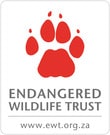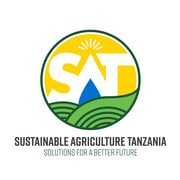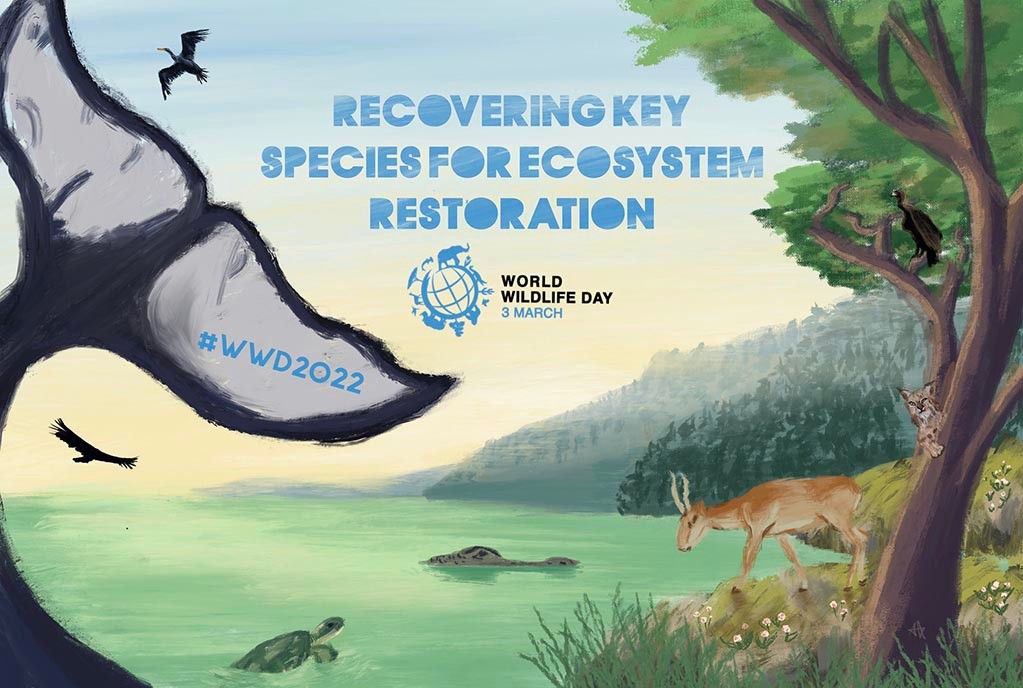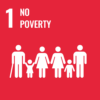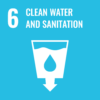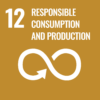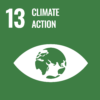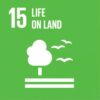Recovering key species for ecosystem restoration.
World Wildlife Day takes place on March 3 every year and celebrates the diversity of life on our planet at some of the most important global events dedicated to the conservation and safeguarding of wildlife. This is also closely related to the UN Sustainable Development Goals (SDG) 1, 6, 12, 13 and 15, and their varied commitments to alleviating poverty, ensuring sustainable use of resources, and on conserving life on land.
This year, the theme for World Wildlife Day is “recovering key species for ecosystem restoration”. A ‘key’ or ‘keystone’ species refers to an organism — like an animal, bird, plant, bacteria or fungi — that helps to define an entire ecosystem. Should this species be removed from a particular ecosystem it could even result in full collapse.
PROTECTING BIODIVERSITY IN THE ULUGURU MOUNTAINS
APOPO directly participates in the global efforts to preserve biodiversity and indiginous forests in Tanzania near where our Training and Innovation center is based in Morogoro. The montane forests of the Uluguru Mountains are of critical importance to local village communities, large neighboring cities of Morogoro and Dar es Salaam, and the survival of endemic plants, birds and animals found nowhere else in the world. Unfortunately this area, like so many around the globe, is losing biodiversity — the rich variety of life on Earth. Despite its relatively small size, the Uluguru Mountain forest has long been known for its unique biodiversity and is considered to be one of the top priorities for the conservation of biodiversity in Africa.
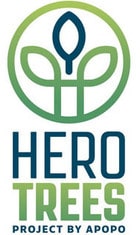
The project nicknamed ‘HeroTREEs’ is not just another tree planting project, but instead part of an agro-ecological project turning farming into a climate-smart solution. Since 2017, APOPO has planted 23,497 HeroTREEs of 35 species of which 4575 were lost and 18,922 are successfully growing. We hope to plant 50,000 trees over a ten-year period in this area. This project is a practical and effective way to address climate change and encourage the growth of renewable energy. Something that APOPO is passionate about.
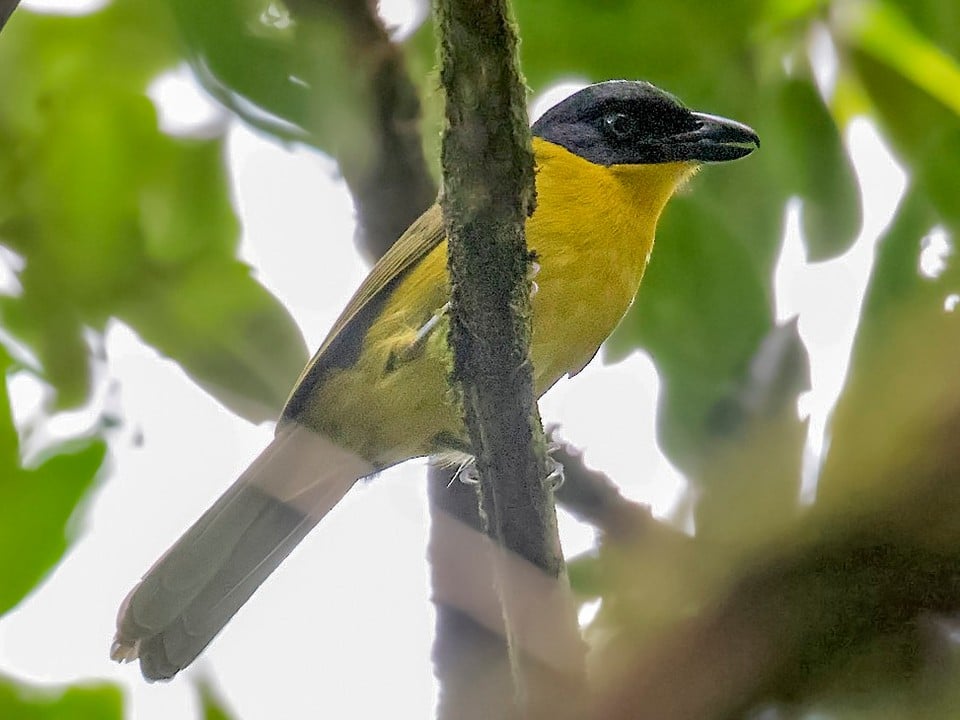
The endangered Uluguru Bushshrike found only in the montane canopy of the Uluguru mountains. Photo © Daniel Lopez Velasco
PROTECTING AFRICAN WILDLIFE
APOPO also participates in the global efforts to protect wildlife. Over the past few years, we have partnered with the Endangered Wildlife Trust (EWT) in South Africa to train African giant pouched rats to help in the fight against wildlife crimes. Although APOPO is best known for training rats to detect landmines and tuberculosis, APOPO is training a separate group of little heroes to protect some of Africa’s wildlife including pangolins, a unique mammal, now the most trafficked animal globally, from going extinct.
Temminck’s Pangolin Photo © Dana Allen
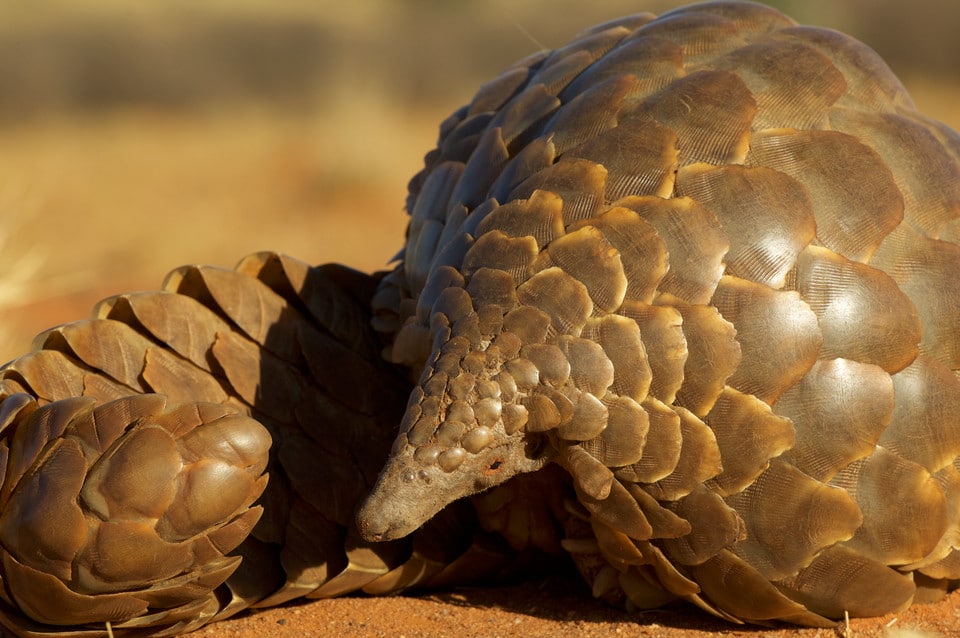
Pangolin scales are made of keratin, the same material in fingernails, hair, and horns. Pangolin scales, like rhino horn, have no proven medicinal value, yet they are used in traditional Asian and African medicine. This illegal wildlife trade threatens these iconic African species and robs communities of their natural heritage.
In partnership with the EWT, APOPO established proof-of-principle in a controlled laboratory environment that our rats can reliably sniff out the scent of commonly trafficked wildlife, including pangolin scales. With project support from the Wildlife Conservation Network’s Pangolin Crisis Fund and the UNDP-GEF-USAID Reducing Maritime Trafficking of Wildlife between Africa and Asia project under the World Bank-led Global Wildlife Program, we are now developing ways for the rats to put their specialised skill to use by screening shipping containers for any pangolin scales.
HOW YOU CAN TAKE ACTION:
In honor of World Wildlife Day today, take a minute to make a difference for vulnerable wildlife and their habitats around the world.
- Support the HeroTREEs project on GlobalGiving in honor of #WWD2022
- Support the wildlife we love by donating to APOPO in honor of #WWD2022
- Follow us on social media to get news on our projects
- Get to know the animal and plant species under threat where you live, in your area or country, and find out more on the threats and challenges they and their habitats face, and what can be done to conserve them. Share this knowledge with your family and friends.
APOPO is grateful to its donors and partners who are instrumental to the success of our HeroTREEs and anti-wildlife trafficking projects.
